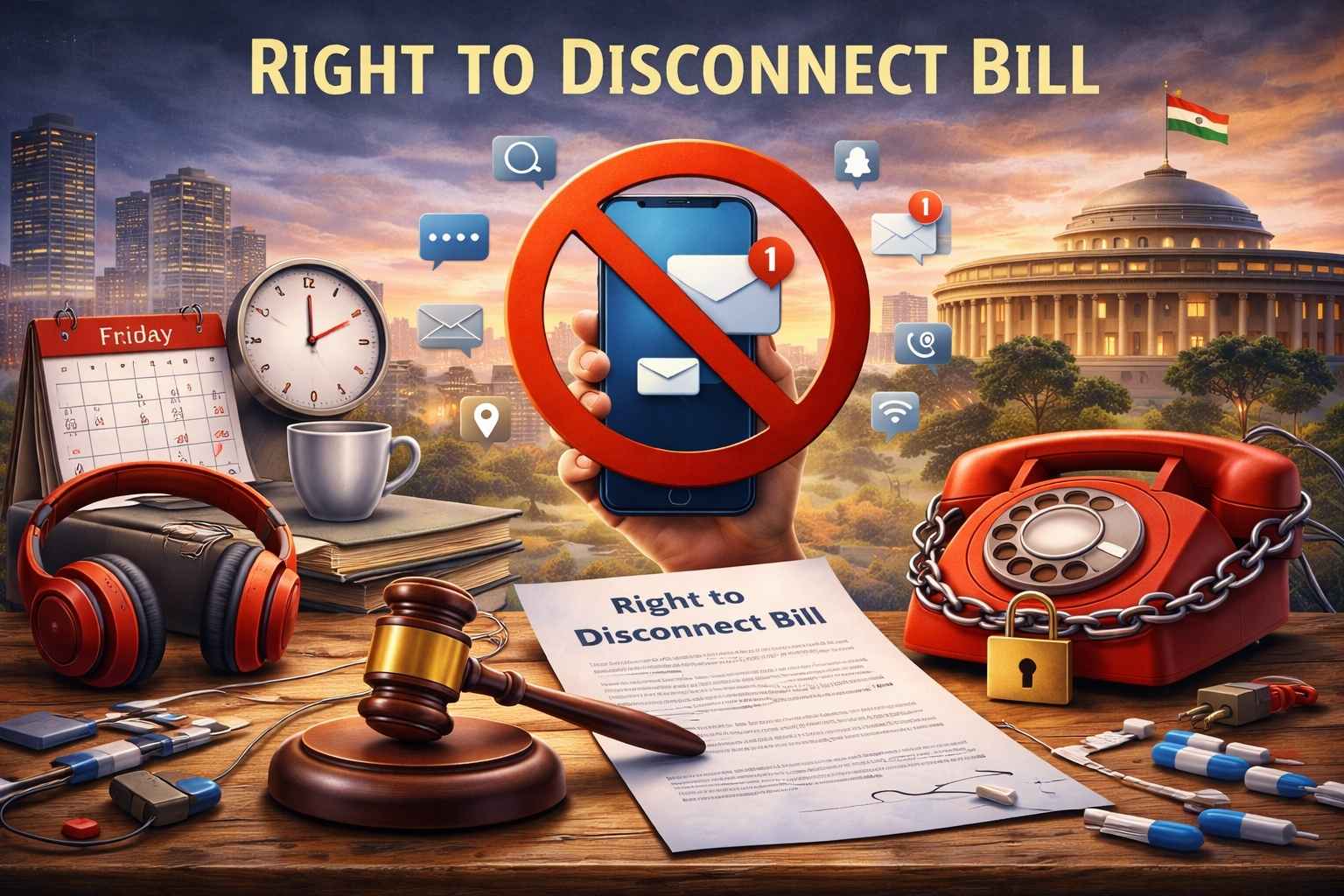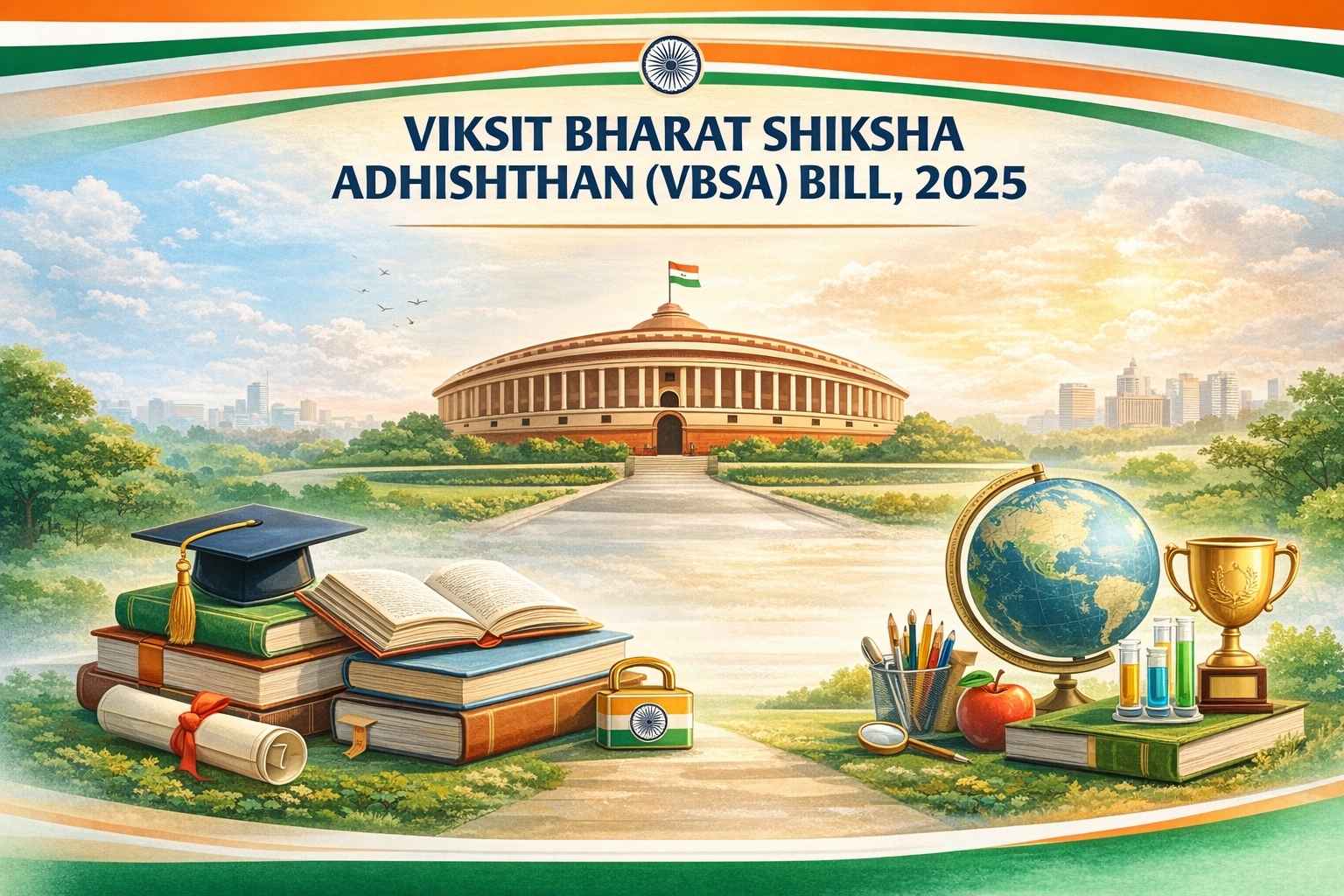On April 30, 2024, the Supreme Court of India delivered a landmark judgment directing the revision of digital Know Your Customer (KYC) procedures to ensure accessibility for Persons with Disabilities (PwDs). By interpreting Article 21 of the Constitution to include the “right to digital access,” the court took a strong stand against the exclusion faced by visually impaired users and acid attack survivors during online identity verification processes.
Supreme Court’s Stand on Digital Accessibility
The Supreme Court affirmed that digital accessibility is now a constitutional necessity, forming an intrinsic part of the right to life and dignity under Article 21.
Key Highlights of the Judgment:
- Recognized digital access as a fundamental right
- Referred to Articles 14, 15, and 38 to uphold equality and social justice
- Directed authorities to revise KYC norms with accessibility as a core principle
- Addressed the wider impact on elderly, rural populations, and other vulnerable groups
Why Is KYC Verification Important?
KYC, or Know Your Customer, is a legal requirement under the Prevention of Money Laundering Act, 2002, aimed at combating:
- Money laundering
- Fraudulent financial activities
KYC is Mandatory for:
- Opening bank or demat accounts
- Getting mobile SIM cards or insurance policies
- Accessing government welfare schemes like pensions and Direct Benefit Transfers (DBTs)
The Reserve Bank of India (RBI) introduced the Video-based Customer Identification Process (V-CIP) in 2016, which involves:
- Uploading selfies
- OTP authentication
- Reading a flashing code on-screen
These steps have proven inaccessible to many, especially the visually impaired.

Legal Protections for Persons with Disabilities
The Indian Constitution, through Fundamental Rights and Directive Principles, ensures equal rights for all, including PwDs.
The Rights of Persons with Disabilities (RPwD) Act, 2016:
- Promotes a social barrier model of disability
- Recognizes that disability arises from both physical impairments and societal/environmental obstacles
- Section 42 mandates the government to ensure digital content is accessible using:
- Universal design
- Sign language
- Audio descriptions
- Captions
- Screen reader compatibility
Challenges Faced by PwDs in KYC
Despite laws and reforms, PwDs still face significant challenges in completing KYC procedures:
- Visually impaired users cannot read flashing codes or take selfies
- Apps and websites often lack:
- Screen reader support
- Audio navigation
- Touch-friendly interfaces
- Thumb impressions are often not accepted as signatures
- PAN cards require manual signatures
- Aadhaar-based biometric verification is inaccessible due to poor scanner design
- RBI regulations disallow any external help, leaving PwDs without assistance during verification
Article 21 – Protection of Life and Personal Liberty
Article 21 of the Indian Constitution states:
“No person shall be deprived of his life or personal liberty except according to procedure established by law.”
Key Features:
- Applicable to citizens and non-citizens
- Interpreted expansively to include rights such as:
- Right to privacy
- Right to livelihood
- Right to health and education
- Right to clean environment
Maneka Gandhi Case (1978):
The court ruled that laws affecting personal liberty must be:
- Just
- Fair
- Reasonable
— not merely procedurally correct
Judicial Activism and PILs
Thanks to judicial activism, Article 21 has become the backbone of numerous Public Interest Litigations (PILs) aimed at safeguarding human dignity, welfare, and inclusion in the digital world.
Conclusion: Toward an Inclusive Digital Future
The Supreme Court’s ruling is a progressive step toward digital inclusion. By making inclusive KYC mandatory and recognizing digital access as a fundamental right, the court has emphasized the importance of equal access in the digital age.
This judgment not only benefits Persons with Disabilities but also strengthens India’s commitment to digital democracy, ensuring that no one is left behind in accessing essential services.





